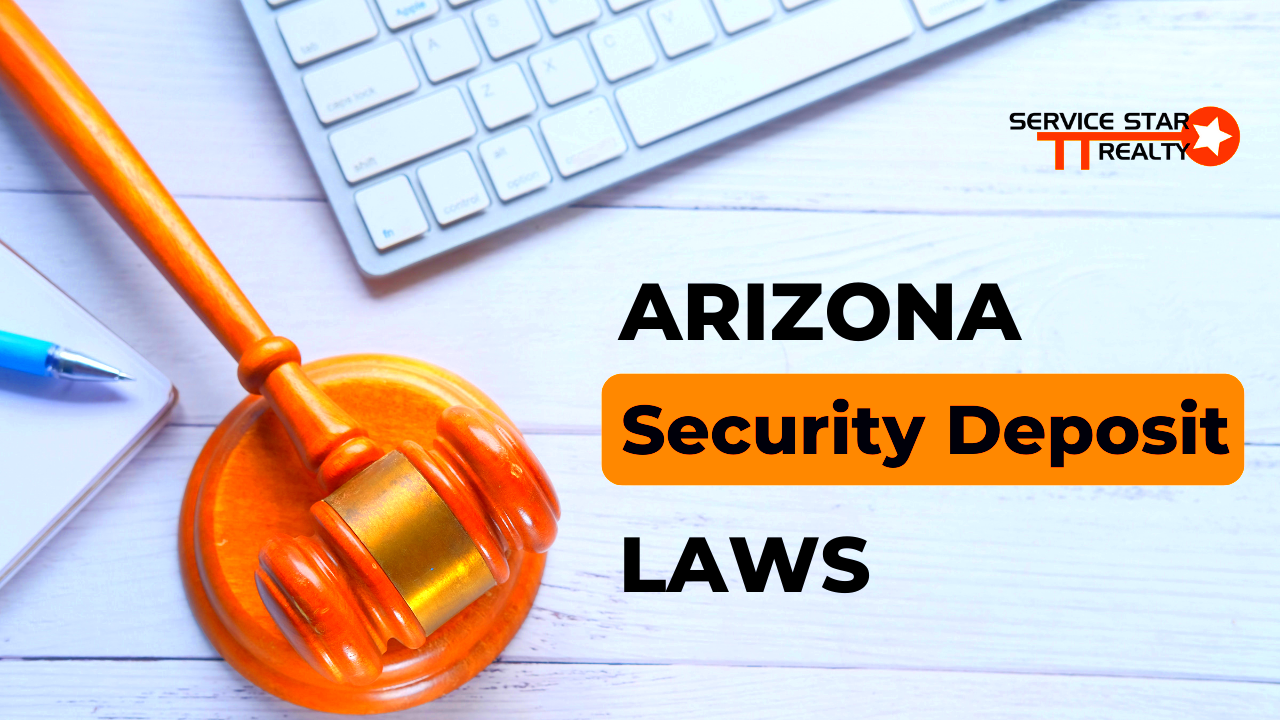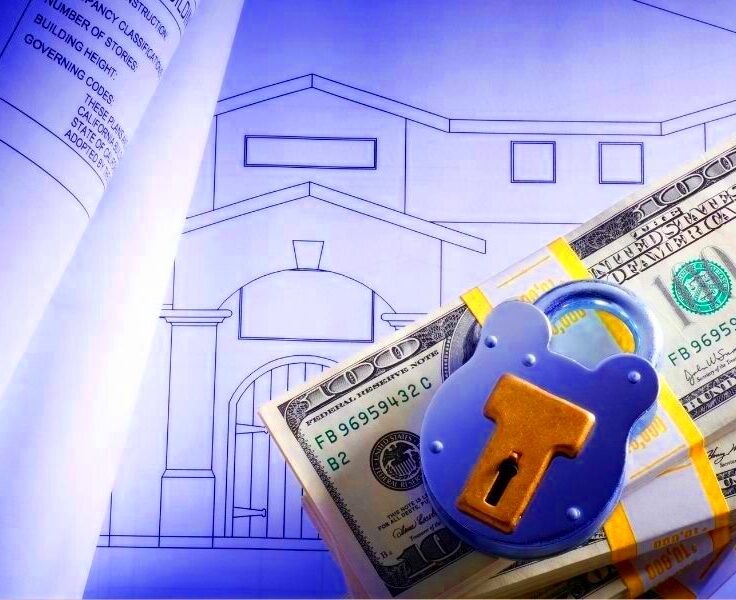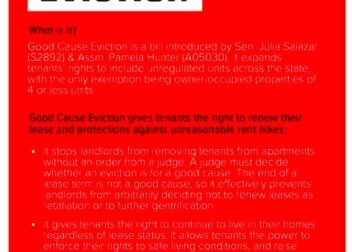Arizona Security Deposit Law and Tenants’ Rights
Arizona’s security deposit laws are designed to protect both tenants and landlords. These laws provide guidelines on how much a landlord can charge, how the deposit should be handled, and what rights tenants have regarding their deposits. Knowing these laws helps tenants avoid misunderstandings and ensures that landlords follow fair practices. This article breaks down key aspects of Arizona’s security deposit law so you can be informed whether you are renting or managing a property.
What is a Security Deposit

A security deposit is a sum of money that a tenant pays to a landlord before moving into a rental property. This deposit serves several important purposes:
- Protection for Landlords: It covers potential damages to the property or unpaid rent.
- Commitment from Tenants: It shows the tenant’s commitment to the lease agreement.
In Arizona, security deposits are a common practice, and understanding their function can help prevent disputes between landlords and tenants.
Limitations on Security Deposits
Arizona law sets clear limits on how much a landlord can charge for a security deposit. Here are the main points to remember:
- Standard Limit: A landlord can charge up to one and a half times the monthly rent for unfurnished properties.
- Furnished Properties: For furnished properties, the maximum security deposit is equal to two times the monthly rent.
This limitation ensures that security deposits remain reasonable and affordable for tenants while still protecting the landlord’s interests. It’s essential for tenants to be aware of these limits to avoid being charged excessive amounts.
Proper Use of Security Deposits
Security deposits serve specific purposes under Arizona law, and it’s crucial for both landlords and tenants to understand how they should be used. The primary aim of a security deposit is to protect landlords from financial losses due to damages or unpaid rent. However, there are rules regarding how landlords can utilize these funds:
- Covering Damages: If a tenant causes damage beyond normal wear and tear, the landlord can use the deposit to repair the property.
- Unpaid Rent: Landlords can also apply the deposit toward any unpaid rent if the tenant fails to pay.
- Cleaning Costs: While normal cleaning should not be deducted, excessive cleaning may be considered an appropriate use of the deposit.
Landlords must keep accurate records of any deductions made from the security deposit and provide an itemized list to the tenant. This transparency helps build trust and reduces disputes over how the funds are used.
Returning the Security Deposit
Returning the security deposit is a critical part of the rental process in Arizona. After the tenant moves out, landlords have specific obligations to fulfill:
- Time Frame: Landlords must return the security deposit within 14 days after the tenant vacates the property.
- Itemized Deductions: If there are any deductions, the landlord must provide an itemized statement detailing the reasons for the deductions along with the remaining balance.
Failure to return the deposit within the specified time frame may result in legal consequences for the landlord. Understanding these requirements ensures a smooth transition for both parties and minimizes potential conflicts.
Tenants’ Rights Regarding Security Deposits
As a tenant in Arizona, you have several important rights concerning your security deposit. Knowing these rights can help protect you from unfair practices:
- Right to a Written Agreement: Tenants should receive a written lease agreement that outlines the security deposit amount and conditions.
- Right to an Itemized Statement: If deductions are made, you have the right to receive a detailed breakdown of the charges.
- Right to Dispute Deductions: If you believe deductions are unjustified, you can dispute them. This may involve negotiation or legal action.
- Right to Interest: In some cases, tenants may be entitled to interest on their security deposits, depending on the terms of the lease.
Being aware of these rights empowers tenants to advocate for themselves and ensures fair treatment throughout the rental process. If you encounter issues regarding your security deposit, don’t hesitate to seek legal advice.
Disputing Security Deposit Deductions
Disputing security deposit deductions can be a common issue for tenants in Arizona. When you receive your itemized statement from the landlord, it’s essential to carefully review the deductions made. If you believe any charges are unfair or unjustified, you have the right to challenge them. Here’s how to approach the dispute process:
- Review the Lease Agreement: Check your lease for specific terms related to the security deposit and the conditions for deductions.
- Gather Evidence: Document the condition of the property before moving out. Photos and videos can be powerful evidence to support your case.
- Communicate with the Landlord: Reach out to your landlord to discuss the deductions. A polite conversation can sometimes resolve misunderstandings.
- Write a Formal Dispute Letter: If informal discussions don’t work, consider sending a written dispute letter outlining your reasons and including evidence.
- Seek Legal Help: If the issue remains unresolved, you may want to consult with a lawyer or a local tenant’s rights organization for assistance.
Knowing how to dispute deductions effectively can help you reclaim your rightful deposit and avoid unnecessary losses.
Conclusion
Understanding Arizona’s security deposit laws is essential for both tenants and landlords. These laws are in place to protect both parties and ensure a fair rental process. Tenants should know their rights regarding security deposits, including how much can be charged, how deposits should be used, and the process for returning funds. By being informed, you can navigate the rental landscape more confidently, minimizing potential disputes and ensuring a smoother experience. Always keep communication open and document everything to protect your interests.
FAQs about Arizona Security Deposit Law
Here are some frequently asked questions regarding Arizona’s security deposit laws to help clarify common concerns:
| Question | Answer |
|---|---|
| How much can a landlord charge for a security deposit? | A landlord can charge up to one and a half times the monthly rent for an unfurnished property and up to two times the rent for a furnished property. |
| What if my landlord doesn’t return my security deposit? | If your landlord fails to return your security deposit within 14 days, you may take legal action to recover it. |
| Can landlords keep my security deposit for normal wear and tear? | No, landlords cannot use the security deposit for normal wear and tear. It is meant for damage beyond what is considered normal. |
| Do I have the right to dispute deductions from my security deposit? | Yes, you have the right to dispute any deductions you believe are unfair. Document your evidence and communicate with your landlord. |
These FAQs provide valuable insights and can help you better understand your rights and responsibilities regarding security deposits in Arizona.


